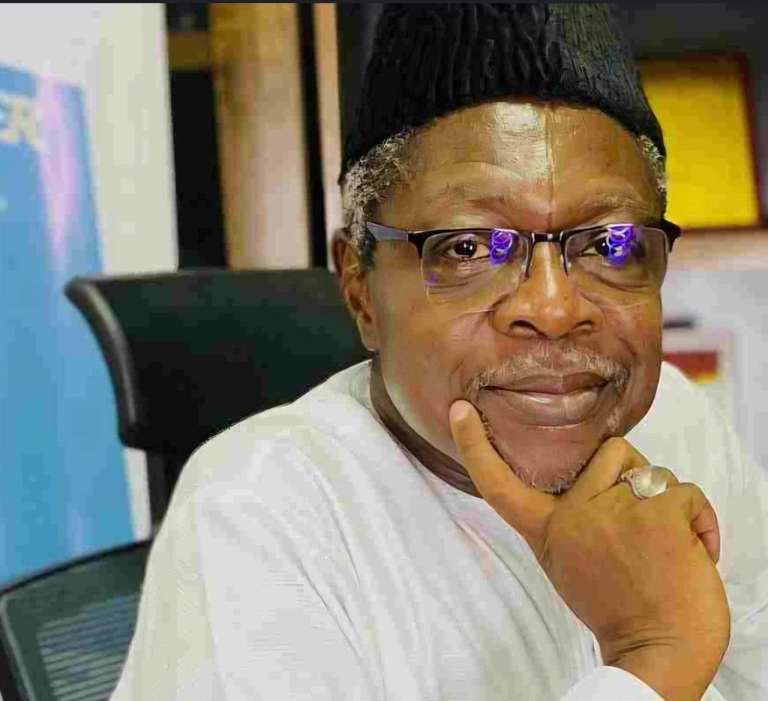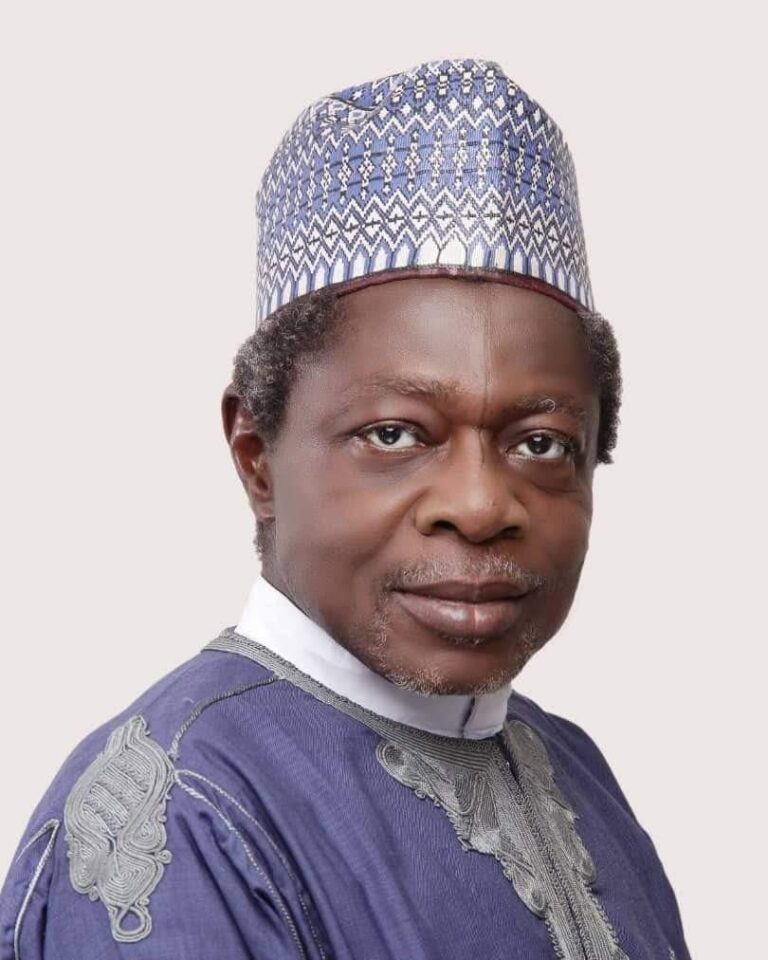Buhari: May our subsequent leaders die at home (2), by Hassan Gimba

Buhari: May our subsequent leaders die at home (2), by Hassan Gimba

The late General Buhari was a man who, on two occasions, was welcomed into office by Nigerians who dared to hope for a better country. The first was in December 1983, and the second was 32 years later, in 2015. I do not want to include 2019, because it was a defining moment when those Nigerians who were believed to be honest proved themselves wrong. Unlike President Goodluck Jonathan, who had four years earlier told the nation that his ambition was not worth the blood of a single Nigerian and conceded defeat, these self-styled men of integrity held on to power legitimately lost and cared not if Nigerians’ blood was shed in the process. They just didn’t give a damn.
I was ecstatic at Buhari’s ascendancy to power on the two occasions mentioned. In 1983, freshly introduced to—and baptised by—leftist ideas churned out by the then Ahmadu Bello University’s Faculty of Arts and Social Sciences’ (FASS) fiery idealists—Wilmot, Bangura, Bala Usman and a host of others—with my mind satiated by Africanist writers like Ngugi wa Thiong’o, Walter Rodney, and Chinua Achebe, among others, to my utopic mind, Buhari’s 1983 foray into governance was a revolution meant to cork the “monumental corruption” being perpetrated – or so I thought.

We now view that period with nostalgia, as there was some decency in the thievery of those thieves compared to the wanton thievery we see today. But then, we celebrated his coming because we thought we would know the kind of sanity restored to Ghana by Flight Lieutenant Jerry Rawlings. We were also enamoured of the nationalistic fervour brought to bear on Burkina Faso (formerly Upper Volta) by the dashing 33-year-old Thomas Sankara after overthrowing the Western lackey, Major Jean-Baptiste Ouédraogo, in a coup d’état organised by Blaise Compaoré.
Naively, we all agreed that some fifth columnists in Buhari’s military government colluded to sabotage him because he was good and they were bad. And so, Nigeria continued limping—or so we thought—because he was not allowed to complete the surgical operation the country needed to run swiftly on both feet.
The late General Sani Abacha can arguably be said to have brought Buhari out of the shell he sulkily retired into after his release from a three-year house arrest, and unintentionally launched him on his political sojourn through the instrument of the Petroleum Trust Fund (PTF). The PTF under him, despite accusations in some quarters of financial impropriety, undertook many laudable projects across various sectors. This prompted many of us to say, “He did those things not as a president; what if he were president?” We were motivated to support his political aspirations to the hilt.

However, due to his efforts to combat corruption during his brief tenure as military Head of State, many people—including civil servants and shady businessmen—did not want his return. Forget the issue of the 53 suitcases saga during the currency change at that time; it did not tarnish his image. When he contested in 2003, I recall a federal permanent secretary telling me that people like him would not allow Buhari to become president. He told me, “Nigeria can only be righted by Buhari, but people like me will never allow him to be president.”
That was the prevailing thought everywhere, and that was what made the masses root for him. They believed he would strip the looters to the skin, return the pillaged goods to the treasury, establish equity and justice in the land, use funds judiciously to improve their lot, and make Nigeria great again.
I think I shared in that belief. On the day of his swearing-in in 2015, I had the feeling kids felt on Eid days: strutting in new attire and looking at the big ram about to be slaughtered by their father. We used to have a WhatsApp group, Instant News Sharing (INS), founded by Ibrahim Sheme, a veteran journalist, and I mentioned this feeling there. Some opposed to Buhari’s emergence were not happy that we were euphoric. Their “leader”, Emma Bello—another veteran, if ever there was one—castigated me, even accusing me of blasphemy. Luckily, he was not in a position to issue a fatwa; otherwise, I may not be here writing this testimony!
But why wouldn’t I be excited? I was then a special adviser to a minister who Edwin Clarke assured of a return if Jonathan won, meaning I would also return. Yet, I worked for the emergence of Buhari, believing Nigeria had descended so low that Buhari’s puritanism was needed to salvage what was remaining of a country hurtling towards self-destruction. I sacrificed my comfort for Nigeria—or so I thought.
I was not the only one with butterflies in the belly. Nigerians can still recall how many hopeful countrymen started a marathon trekking fad of hundreds of kilometres from one far corner of the country to another – to show their optimism in the great Nigeria that Buhari’s presidency was going to birth.
I, like millions around the country, saw in him a man of conscience who would govern with empathy, as a father to a beleaguered nation and as a leader who would lay the foundation for our political and economic development. In this, I thought he would gather the best hands irrespective of their political affiliations, religious leanings, or ethnic toga—especially when he declared: “I belong to everybody and I belong to no one.” And Nigerians would have accepted that from him, having voted for him across all the divides.
He could have changed the way Nigeria conducted politics, especially in terms of party funding. The way people willingly donated to his campaign, he could have encouraged Nigerians to own their political parties by donating for their sustenance, rather than continuing the negative method whereby governments at various levels finance them. And in 2015, it would have stood.
He could have stopped being fed with billions of naira since he was collecting salaries and other emoluments. The feeding budget looks as though the president consumes an elephant per meal. And all governors could have followed suit. In 2015, that is. From that year, he could have put a stop to the practice of profligacy in which governments at the federal and state levels spend billions of naira yearly buying vehicles from Germany and Japan, thereby keeping their businesses afloat and their economies strong, while destroying our local manufacturing capabilities and weakening our economy.
In 2015, he could have declared that no public servant who sends their children abroad for studies or to private schools qualifies to oversee government ministries, departments, or agencies responsible for public education. He could have made Nigeria healthier by building world-class hospitals.
When some people claim that his hands were tied because he had “no helpers”, they refuse to recognise that he was responsible for appointing his ministers and that the buck stops at his desk. Six months after the inauguration, when the list of his ministerial nominees was released, we were shocked to the marrow at the calibre of his nominees. And one lost hope further when he retained Godwin Emefiele at the CBN, despite accusing the CBN governor during campaigns of honouring instructions written on “bread (paper) labels”.
It wasn’t true that Buhari was not a politician. He was perhaps a man who played politicians at their own game and ran rings around them. General TY Danjuma once said Buhari was a soldier’s soldier. I dare say he was a politician’s politician. He was possibly the best politician of the Fourth Republic for the following reasons.
To be continued.
Hassan Gimba, anipr, is the publisher and CEO of Neptune Prime.



